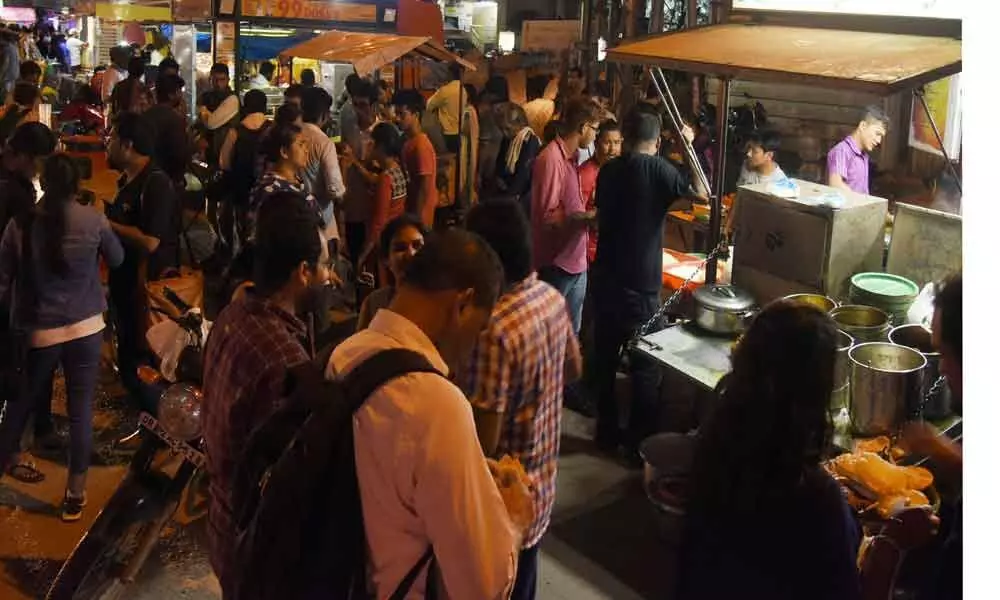Junk foods linked to hypertension surge

Think before you open the next pack of high fat, high salt or high sugar (HFSS) products. According to a research by the National Institute of Nutrition, Hyderabad, in 2019, every third person in the urban areas of the city was going through hypertension.
Hyderabad: Think before you open the next pack of high fat, high salt or high sugar (HFSS) products. According to a research by the National Institute of Nutrition, Hyderabad, in 2019, every third person in the urban areas of the city was going through hypertension. One of the main reasons for an individual suffering from hypertension is due to the high intake of the 'High in Fat, Salt and Sugar' (HFSS) foods.
During one of the conferences in Chennai, which was held on January 2, the chief scientist of World Health Organisation (WHO), Soumya Swaminathan, said the government should now impose taxes on high fat, high salt and high sugar products. She also focused on the 'Double Burden of Malnutrition' or 'The New Nutrition Reality' in her talk. Dr Laxmaiah, an epidemiologist and public health nutrition specialist at the National Institute of Nutrition (NIN), informed, "We have done existential studies in rural, urban and tribal areas and it was found that in all the areas the consumption of high fat, high salt and high sugar is very high.
The salt and hypertension is very much correlated." The research stated that every fourth person in rural areas, every fifth person in tribal areas and every third person in the urban areas are suffering from hypertension. There is an epidemic increase of hypertension among the youths and people working by profession.
"The sugar consumption should be limited to not more than 20 gm per day per person. Comparing to the rural and tribal areas, the consumption of high sugar is more in urban areas. High consumption of sugar leads to less physical inactivity. Eating energy dense food also leads to overweight obesity as well as diabetes. In urban areas fat consumption is very high," added Laxmaiah. The fat consumption should not more than 20 gm. However, in urban areas, double that amount is consumed. To some extent, the consumption might decrease.
Laxmaiah also said that the co-existence of undernutrition is also present with not only stunting but also obesity. He further states, "It is a double burden of nutrition. People should be aware of their condition. If they are fat that doesn't mean that they are fine. Consumers should be aware of the HFSS foods. However, there is lack of awareness in rural and tribal areas, due to which there is a high intake of the processed foods as it is easily affordable and accessible."
Commenting on the issue Nazneen Mallick, Dietician, Rejuvenation Diet Clinic, Jubilee Hills, said, "The customer should know what they are buying. The packing of these products should also include mentioning about its nutritive value in the packaging. Even if the government considers taxing on these products, the people who have a high income will however buy it until the side effects of the products are somewhere highlighted in the packet of the product."




